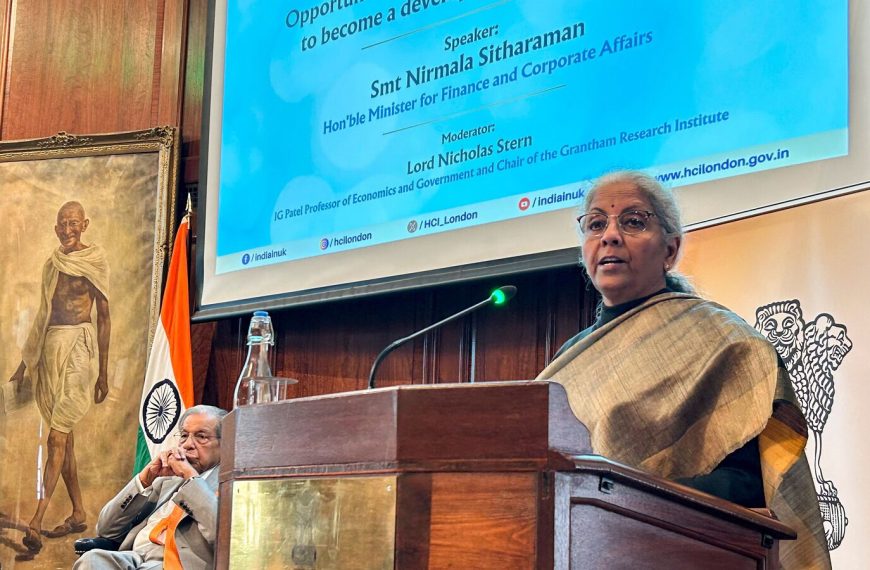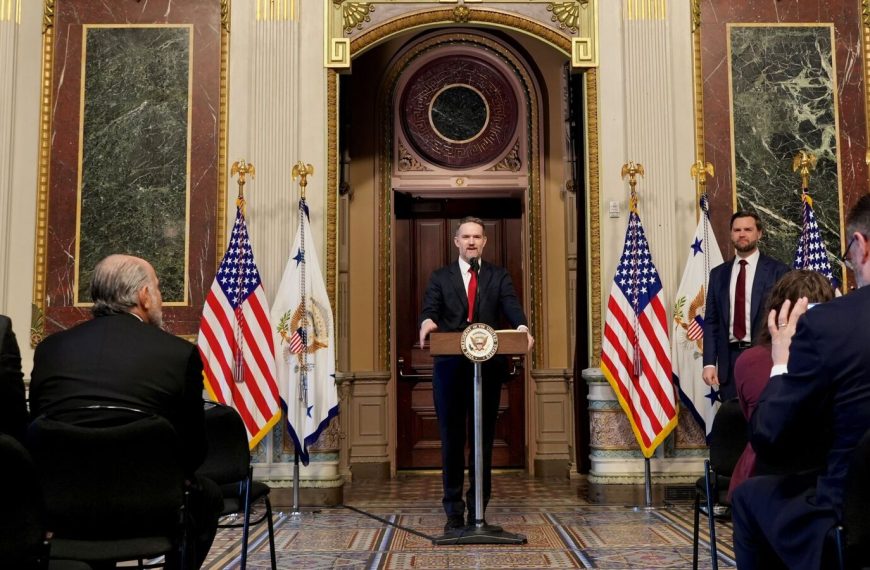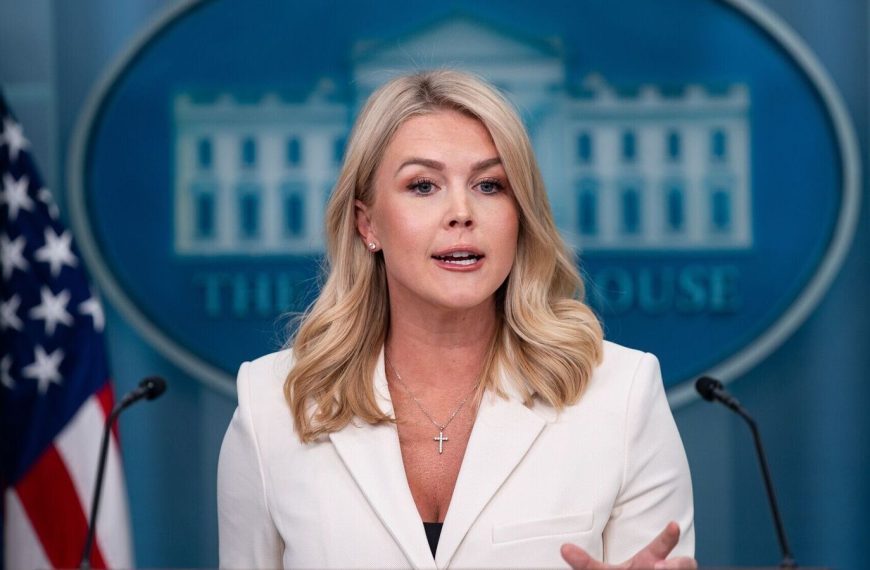On Thursday, Finance Minister Nirmala Sitharaman emphasized that the government’s recent reductions in basic customs duties are part of a long-term strategy aimed at enhancing the nation’s self-reliance and fostering development. This announcement came during her speech in the Rajya Sabha, where she addressed discussions surrounding the Finance Bill 2025. She clarified that these tariff adjustments were not reactions to the impending tariffs announced by the U.S. government.
A Strategic Shift in Customs Duties
Sitharaman elaborated on how India’s tariff reforms are designed to fulfill the country’s ambitions in the manufacturing sector. The budget unveiled in July 2024 laid the foundation for these changes, which have now led to a significant reduction in customs tariff rates—from 21 to just 8. This rationalization aims to streamline processes and boost the manufacturing landscape in India.
- Key Highlights:
- Reduction of customs tariff rates from 21 to 8.
- Ongoing efforts to simplify the customs structure.
- A clear focus on enhancing self-reliance.
Encouraging Electric Vehicle and Mobile Phone Production
In her address, the minister pointed out that the Budget 2025 proposed the inclusion of 35 new capital goods essential for the production of electric vehicle batteries. Additionally, 28 capital goods crucial for manufacturing mobile phone batteries are set to be added to the exempt list. This initiative reflects the government’s commitment to promoting domestic production in these critical areas.
Sitharaman also highlighted that the total exemption from basic customs duties extends to cobalt powder, lithium-ion battery scrap, and critical minerals like lead and zinc. This exemption builds on the 25 critical minerals that were previously exempted in the July budget.
Continuous Commitment to Duty Reductions
The Finance Minister reiterated that the government’s approach of reducing duties has been consistent over the years. "We are committed to supporting advanced chemistry and battery manufacturing," she stated, reinforcing the goal of positioning India as a manufacturing hub. Despite speculation about international pressures influencing these tariff changes, Sitharaman clarified that these initiatives began in 2023, long before recent global developments.
- Ongoing Initiatives:
- Consistent duty reductions across various sectors.
- Commitment to becoming a self-reliant nation.
- Simplification of customs compliance.
Fiscal Responsibility and Future Goals
In addition to customs duties, Sitharaman assured the House of the government’s commitment to maintaining a fiscal consolidation path. The target for FY26 has been set at a 4.4% fiscal deficit of GDP, emphasizing the government’s dedication to fiscal responsibility.
With these strategic measures, the Indian government aims to enhance domestic production capabilities while also paving the way for future growth in the manufacturing sector. As this process unfolds, the focus remains on creating a robust and self-sufficient economy.











